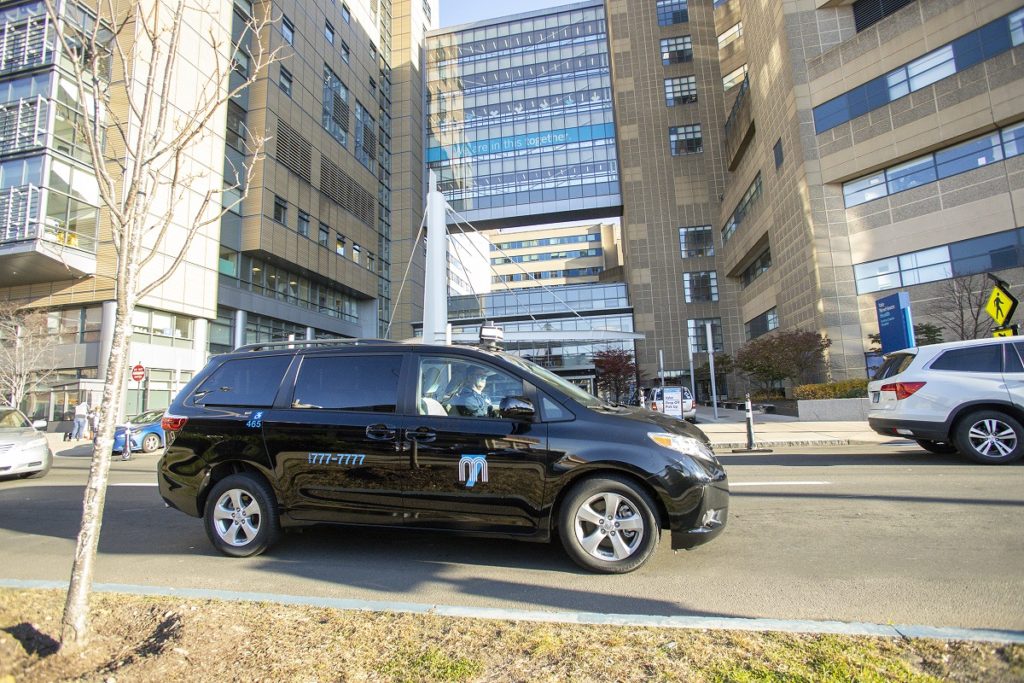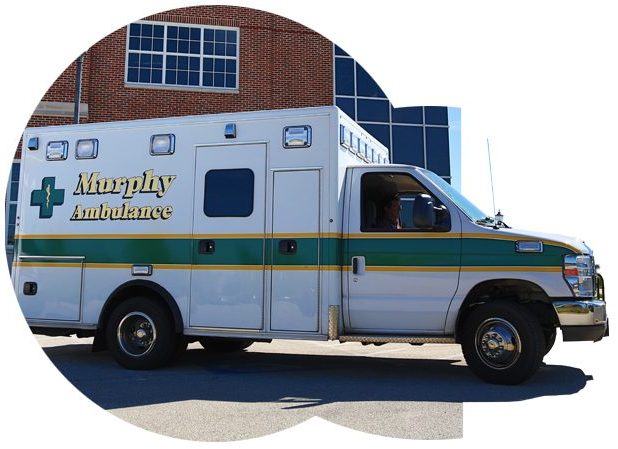Protect Your Health And Wellness Journey: Medical Transportation Services Near Me
Protect Your Health And Wellness Journey: Medical Transportation Services Near Me
Blog Article
Easily Accessible and Affordable Medical Transport Options for Seamless Wellness Support
In the realm of medical care, the availability and affordability of medical transport are extremely important in making sure people can access the treatment they require when they need it. The capability to flawlessly navigate transportation options can significantly influence an individual's capacity to obtain prompt clinical focus, follow-up treatment, and overall wellness. From non-emergency clinical transport services to cutting-edge services like telehealth, the landscape of clinical transport is progressing to fulfill the varied needs of clients. Considering the value of this facet in healthcare delivery, checking out the variety of options offered becomes necessary for resolving voids in ease of access and price.
Non-Emergency Medical Transportation Services

These services are staffed by skilled professionals who focus on person convenience and safety and security during transportation. Drivers are geared up to handle people with differing clinical requirements and guarantee that all journeys are smooth and worry-free - Medical Transportation Services Near Me. Additionally, non-emergency clinical transportation services usually use customized automobiles that are wheelchair-accessible, making them suitable for a large variety of individuals with various mobility needs
Volunteer Motorist Programs
Volunteer motorist programs are critical in offering transport assistance for individuals looking for non-urgent healthcare. These programs rely upon the generosity of volunteers who donate their time and cars to assist transport patients to and from medical appointments. By utilizing volunteer vehicle drivers, companies can supply an economical solution for people who may not have access to reliable transport.
Among the crucial advantages of volunteer driver programs is the customized treatment and focus that people get. Unlike standard transportation solutions, volunteer motorists commonly establish a connection with the individuals they aid, producing a encouraging and thoughtful environment during what can be a difficult time. Additionally, volunteer motorist programs can assist bridge the gap for people living in underserved or rural areas where mass transit options may be limited.
Mass Transit Options

One of the key advantages of public transport is its extensive accessibility in country and urban areas alike. This considerable network permits individuals from diverse histories to travel to clinical appointments with family member convenience. Additionally, mass transit systems are frequently geared up to suit individuals with disabilities, supplying accessible traveling alternatives for those with wheelchair difficulties.

Ride-Sharing and Transport Network Companies
The advancement of contemporary transportation alternatives for medical functions prolongs past traditional public systems like trains and buses to encompass the ingenious world of ride-sharing and transport network firms. Ride-sharing solutions such as Uber and Lyft have actually changed the way individuals travel to clinical visits, supplying benefit and flexibility to people who might not have access to their vehicles or standard mass transit. These platforms allow individuals to request a trip with the touch of a button on their smart devices, providing door-to-door service that can be particularly beneficial for people with flexibility obstacles or those requiring help.
Transportation network firms (TNCs) have actually also played a significant duty in linking the void in clinical transportation solutions. Firms like Veyo and RoundTrip focus on non-emergency clinical transport, catering to individuals who need a greater degree useful during their trips to clinical facilities. By partnering with medical care companies and insurers, TNCs guarantee that patients can access prompt and reputable transportation remedies, inevitably adding to improved health and wellness results and patient fulfillment.
Telehealth and Digital Examinations
Enhancing medical care availability and ease, telehealth and online examinations have actually become critical elements in contemporary clinical techniques, changing the way clients connect with doctor. Telehealth leverages technology to help recommended you read with remote communication in between people and health care professionals, providing a large variety of solutions such as digital appointments, remote surveillance, and electronic prescriptions. Online consultations make it possible for clients to seek medical recommendations, diagnosis, and therapy from the comfort of their homes, removing the demand for physical visits to health care centers. This strategy not only conserves time and decreases transportation prices for patients but also improves the general performance of medical care distribution.
Moreover, telehealth plays an essential role in expanding clinical services to underserved communities, country areas, and people with restricted wheelchair. By breaking down geographical obstacles and boosting healthcare outreach, telehealth advertises very early intervention, connection of treatment, and patient involvement. As innovation remains to breakthrough, telehealth is positioned to play an increasingly significant function fit the future of medical care shipment, cultivating enhanced wellness end results and individual fulfillment.
Conclusion

From non-emergency clinical transportation services to ingenious solutions like telehealth, the landscape of clinical transportation is evolving to satisfy the diverse requirements of individuals.Non-Emergency Medical Transportation Solutions help with the secure and timely transport of individuals calling for non-urgent medical Web Site treatment to and from healthcare facilities.The advancement of modern transport options for clinical purposes prolongs past conventional public systems like trains and buses to include the cutting-edge world of ride-sharing and transport network companies.Transport network firms (TNCs) have likewise played a considerable duty in connecting the gap in clinical transportation services. Non-Emergency Medical Transport Providers, Volunteer Chauffeur Programs, Public Transport Options, Ride-Sharing and Transport Network Business, and Telehealth and Virtual Consultations all play an important role in resolving transport barriers to healthcare gain access to.
Report this page